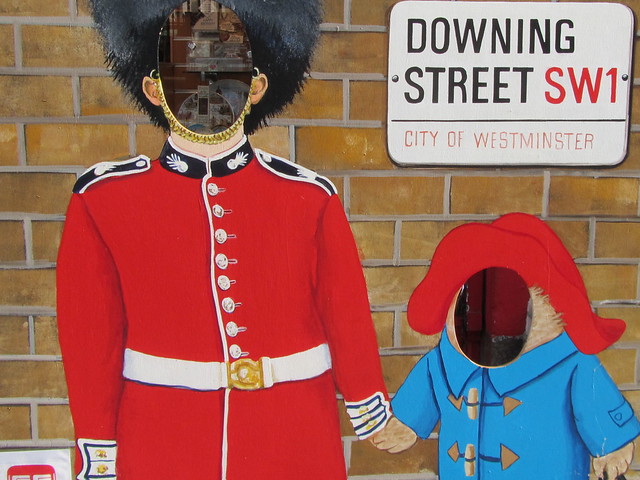Relocating to London presents a pretty picture to most, given the city’s multi-cultural society and its vibrant social scene. However, there are adjustments you might need to make, no matter where you come from, with the country’s infamous rainy weather serving as an example in case.
Fortunately, making London your new home is not as daunting as it might seem.
Finding a Home
Buying a home in London is the privilege of a limited few. According to a survey conducted by KPMG, while the city’s average annual income stands at around £28,000, the average first time home buyer needs a minimum income of £77,000. If you plan to buy a home in London while still in another country, consider using the services of a specialist money transfer company to pay for the purchase. Azimo may work well for you if you’re relocating from elsewhere in the Europe. Alternatively, you may look at companies such as WorldFirst, TransferWise, Currencies Direct, or WorldRemit.
Renting a home in the inner suburbs of London is typically expensive, although rents decrease as you commute outward. A downside of moving away from the city is the high cost of transportation. For instance, a short ride on the tube will set you back by around £3. If you take your car to the city you’ll have to deal with exorbitant parking costs and congestion fees.
Since the renting market in London is highly competitive, prepare to commit to a home at its first viewing. Prepare to pay six weeks rent as security deposit.
Looking for a Job
You may look for work in London through Universal Jobmatch, a government operated online service, or through online databases and recruitment agencies. The top sectors where expats find employment include computer programming, finance, healthcare, and consultancy. Social workers and skilled chefs are also in demand.
The National Shortage Occupation List gives you a clear indication of the professionals currently in demand. If you find your skill on the list, getting a work-based visa might be a possibility.
Getting your skills and qualification recognized officially is crucial when it comes to finding employment in the country. You can get in touch with the National Recognition Information Centre (NARIC) to get an officially recognised comparison statement, although you will need to pay a fee.
Education
If you plan to relocate to London with children, free education can comes as a huge advantage, given that the city is home to some of the best state run schools in the UK. In private schools, the average annual cost for a day pupil (one who does not reside at school) is around £12,000. Some good options for expats include the Lycee Francais and the American School.
The Little Differences
If Samuel L. Jackson in Pulp Fiction limited his European sojourn to the London, these are probably the “little differences” he would have noticed:
● Everyone loves the Queen here; don’t joke about her, ever.
● IF your train is on time, you’re probably in France.
● There’s no more to Christmas than Christmas, it’s just one holiday. Say Happy Christmas and move along.
● Several places have silent letters for no apparent reasons. Think Leicester, Hunstanton, Bedworth, and Alnwick.
● Just about everyone likes drinking, alcohol and/or tea.
The cultural melting-pot that London has become, hardly anyone who gets here wants to leave. Once you start calling London home you will probably come to love it too, just like thousands of other expats.






















